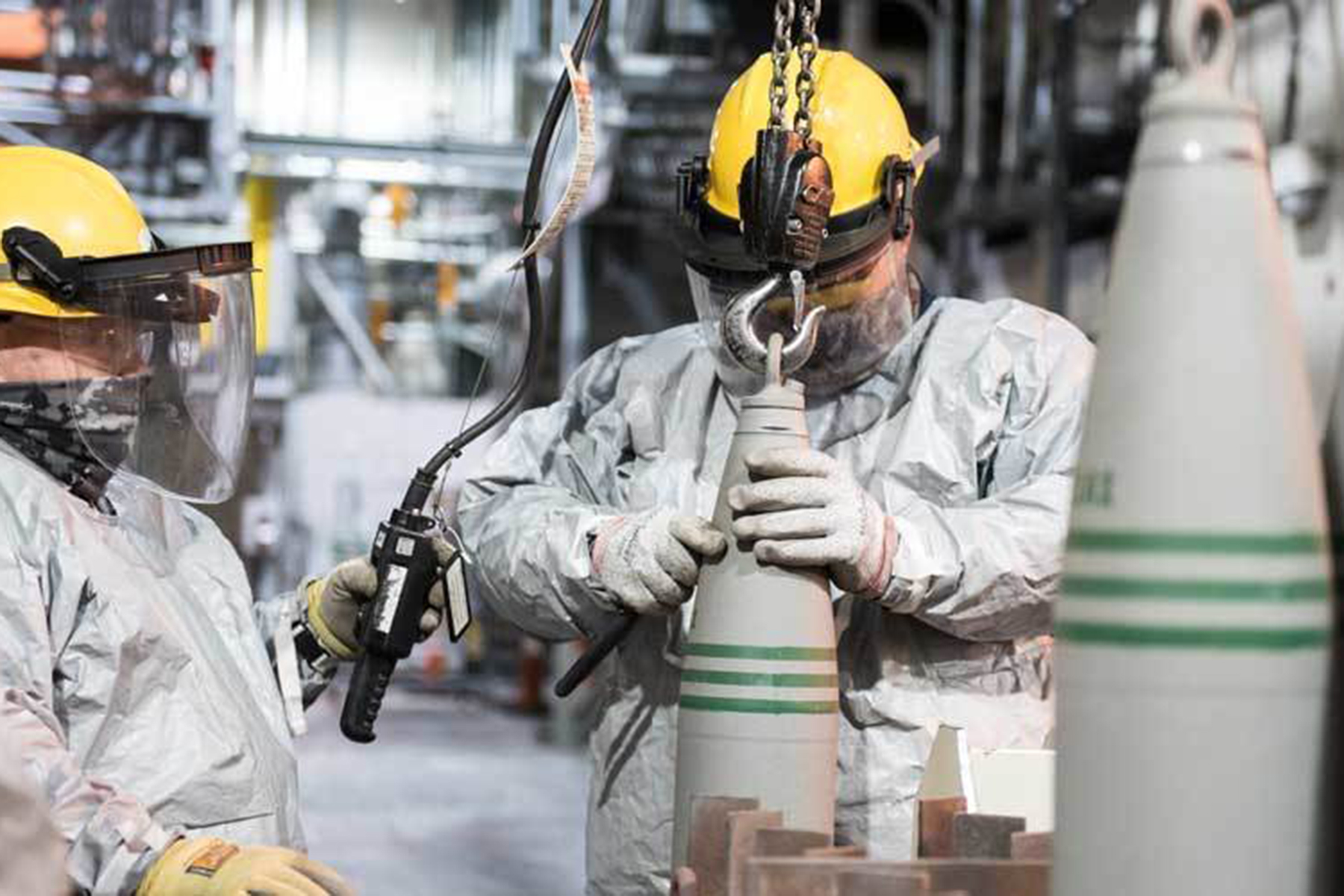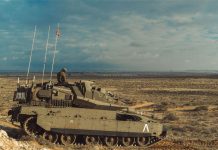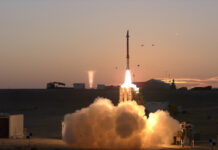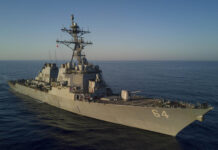At the Armed Forces Reserve Center in Richmond, Kentucky, on 11 October 2023, various dignitaries celebrated the US military destroying the last of its chemical warfare (CW) agents.
It was in Kentucky, at the Blue Grass Chemical Agent-Destruction Pilot Plant, where the last remaining M55 rocket filled with deadly sarin nerve agent was destroyed on 7 July this year.
Addressing an audience at the event on 11 October, Deborah G Rosenblum, US assistant secretary of defence for nuclear, chemical and biological defence programmes, stated, “With this milestone the United States reinforces its commitment to achieving a world free of chemical weapons.”
The 7 July milestone moved the United States into compliance with the Chemical Weapons Convention (CWC): a treaty prohibiting the production and use of chemical weapons and promoting their destruction.
In January 2020 the main plant at Blue Grass began operations using neutralisation to destroy chemical agent in projectiles and rockets. The work also consisted of using explosive destruction technology and a static detonation chamber to destroy projectiles filled with solidified mustard agent, Rosenblum noted.
Bechtel Parsons Blue Grass, a joint venture of Bechtel National and Parsons Government Services, designed, built, tested and operated the facility, she said, noting that the UD Department of Defense agency responsible for safe destruction – Program Executive Office, Assembled Chemical Weapons Alternatives – also had a role in the work.
“They’ve exemplified a one team, one mission mentality, from the workforce to the regulators, the stakeholders, the local leaders, community, federal, state and defence leaders. It’s taken all of us to get across the line, and we’ve done it,” said Rosenblum.
Work is now being done to safely close down the Blue Grass facility.
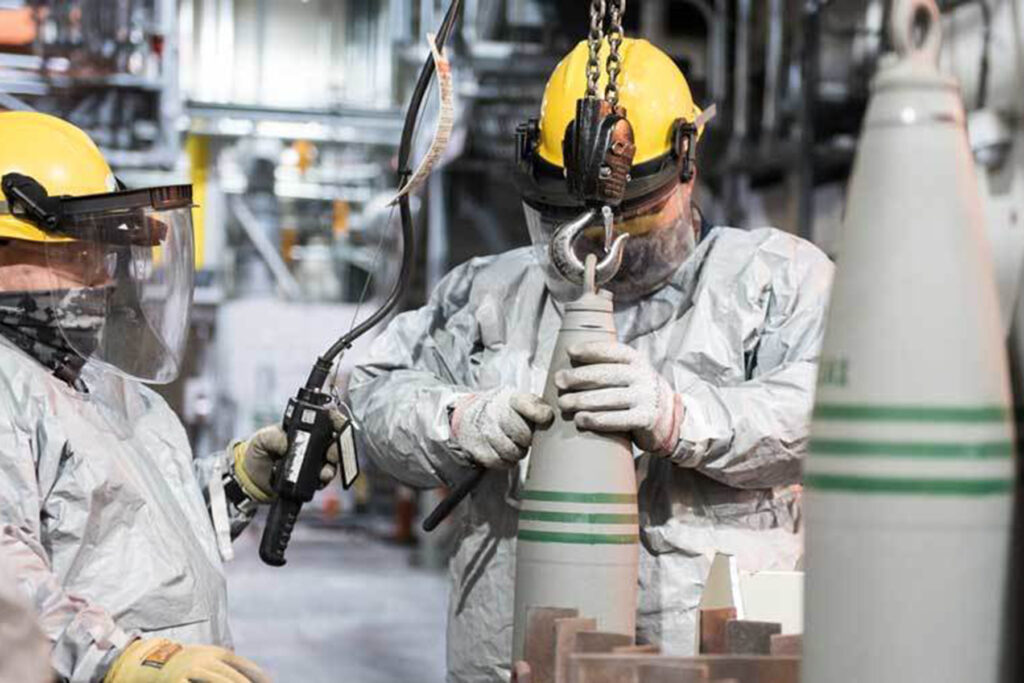
Though never used by the US military, chemical weapons were stockpiled by the US Army at a number of sites during and after the Second World War. The US ratified the CWC in 1997, joining a coalition that now includes nearly 200 countries.
Non-signatories to the CWC include Egypt, North Korea and South Sudan. Israel has signed but not ratified the treaty, while Syria acceded to the convention 2013 but has still subsequently used chemical weapons in the Syrian Civil War.



